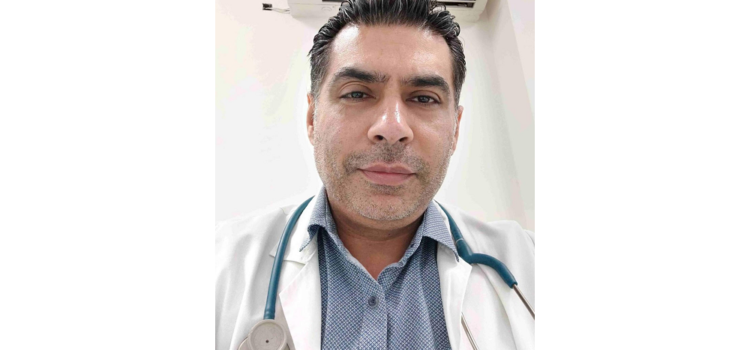Back pain is considered chronic if it lasts three months or longer. It can come and go, often bringing temporary relief, followed by frustration. Despite a wealth of research in recent years about how to treat back pain, too many patients still receive unnecessary and often excessive treatment. Instead of being urged to continue to work and stay active, which has been shown to be effective, patients often are told to take time off to rest, referred for scans and surgery, and prescribed painkillers, including opioids.
Common Causes of Chronic Back Pain
Chronic back pain is usually age-related, but can also result from a prior injury. The most common causes include:
- Arthritis of the spine
- Spinal stenosis —narrowing of the spinal canal that may lead to nerve pain
- Disc problems, such as a herniated or bulging disc
- Myofascial pain syndrome
Nonsurgical Treatments for Chronic Back Pain
Physical Therapy
Physical therapy for chronic back pain may include:
o Retraining your posture
o Testing the limits of pain tolerance
o Stretching and flexibility exercises
o Aerobic exercises
o Core strengthening
Diet
Some diets are highly inflammatory, especially those high in trans fats, refined sugars and processed foods. Consult with your doctor to see if your diet could be contributing to your chronic back pain and how you could change it. Maintaining a healthy weight could also help lessen your back pain by reducing the pressure on your spine.
Lifestyle Modifications
Take note of the activities that worsen your pain and avoid them if possible. Not only could this help your back feel better, it could also prevent the underlying condition from advancing. Another important lifestyle change to try is giving up smoking. Nicotine is scientifically known to accentuate pain and delay healing.
Injection-based Treatments
Nerve blocks, epidural steroid injections, nerve ablations and other types of injection-based procedures are available for chronic back pain. They are used when the source of the pain is known and can sometimes help rule out certain causes if the treatment doesn’t work. Injections may stop or lessen pain for a certain period of time, but are not intended as long-term solutions and shouldn’t be used in isolation.
Alternative Treatments
Acupuncture, massage, biofeedback therapy, laser therapy, electrical nerve stimulation and other nonsurgical spine treatments can also make a difference for chronic back pain. Talk to your spine specialist about alternative treatments that could benefit you.
Pharmacologic Treatments
Analgesics, anti-inflammatory drugs, muscle relaxants and other medications can be used to help control chronic back pain. However, most come with unwanted side effects and are not intended for prolonged use.
However, surgery is not always necessary. Other treatment options that can improve or relieve back pain include home remedies, alternative medicine, and lifestyle changes. A person may wish to try these options before deciding on surgery.
Dr Gautam Arora MBBS MD DM
Neurology and Pain Management Clinic ( NPMC )
90 A kamla Nagar Delhi North 110007
Ph: 8595168656
www.neurandpain.clinic


